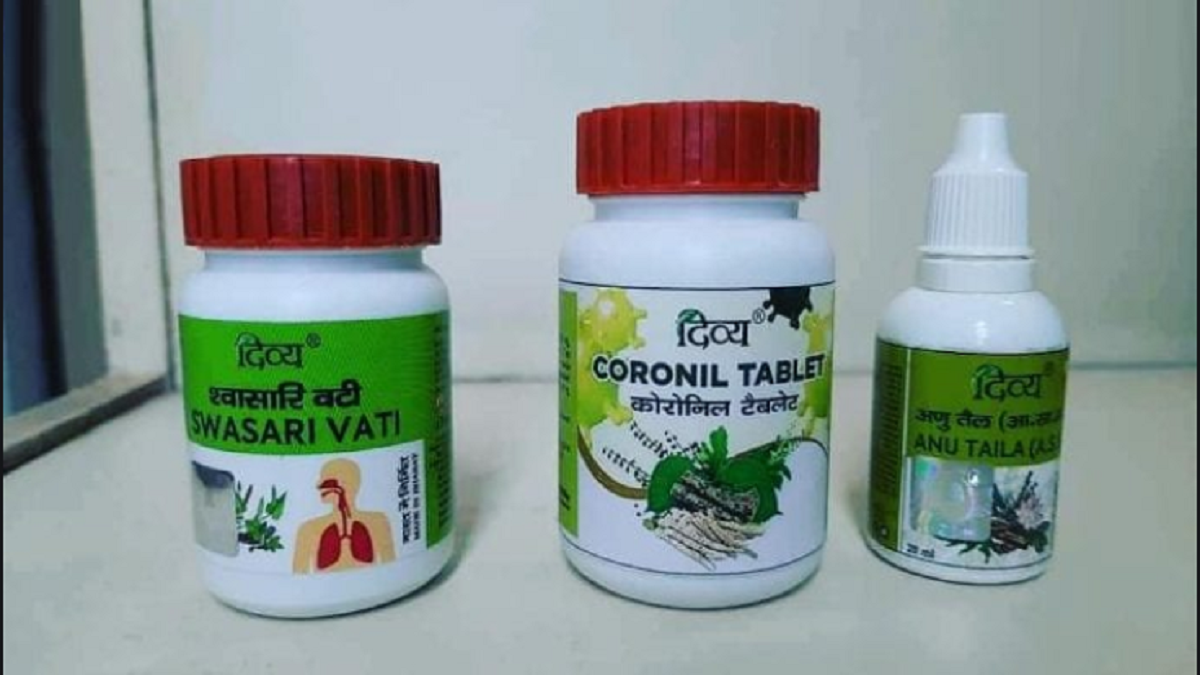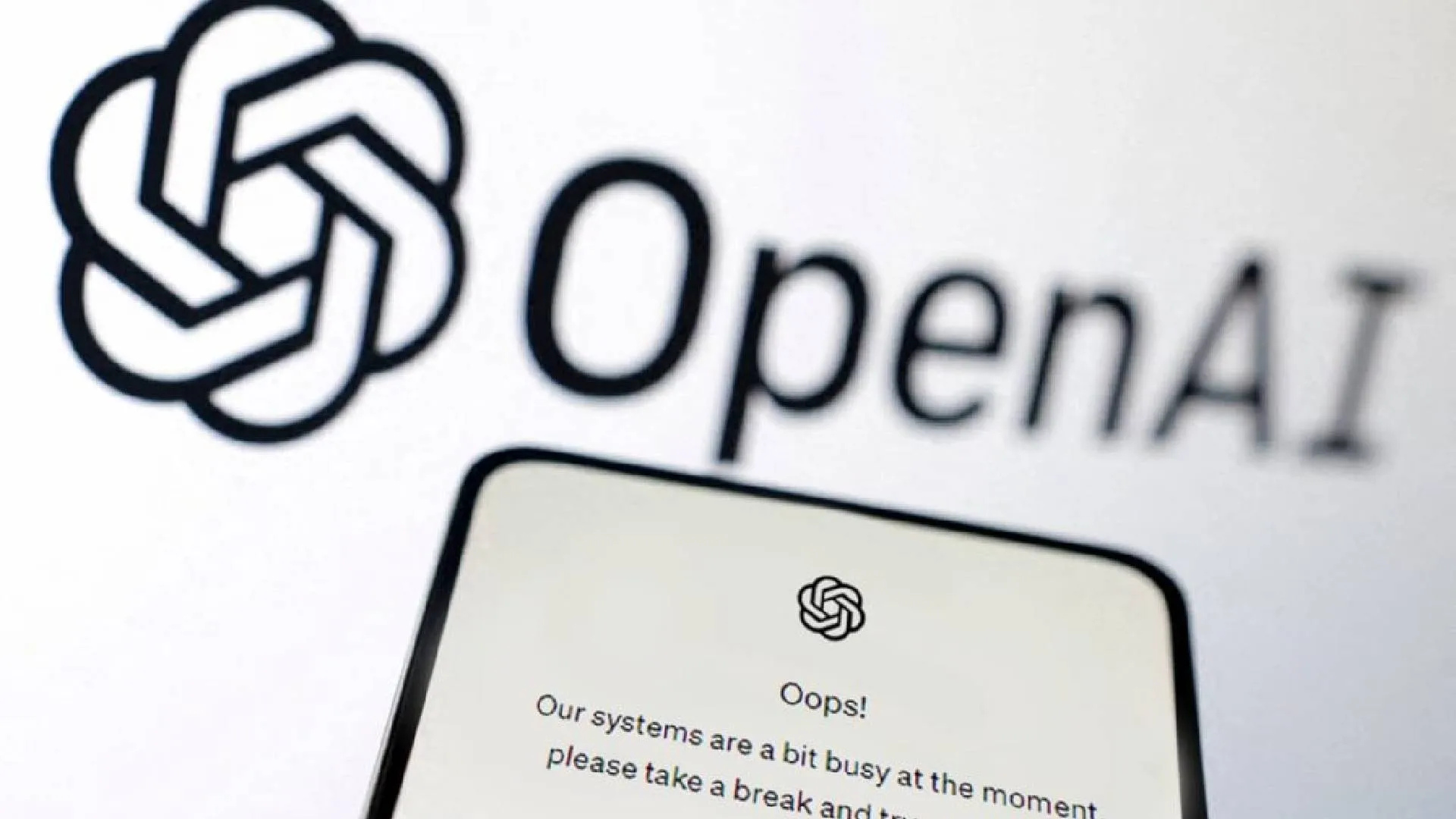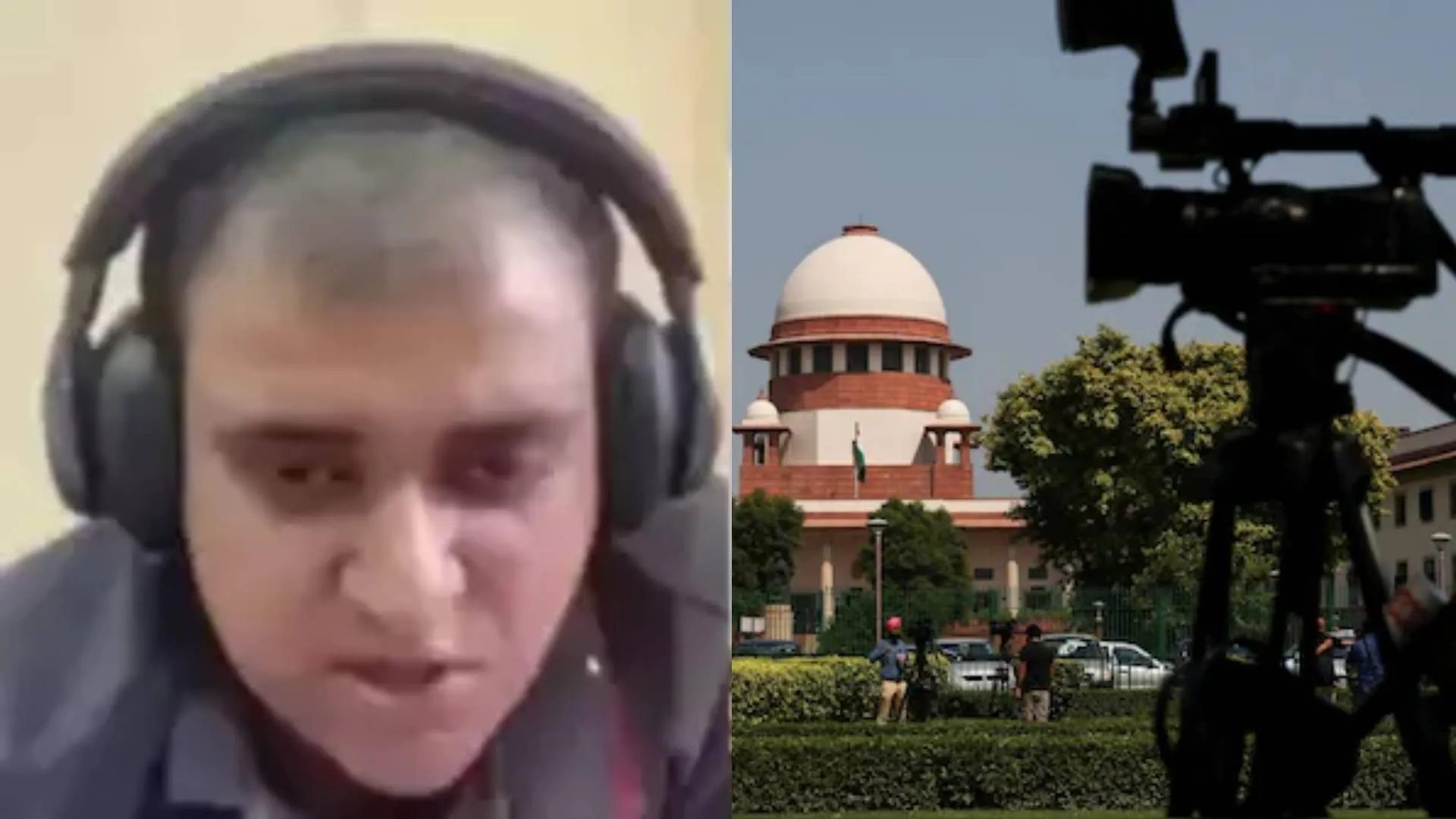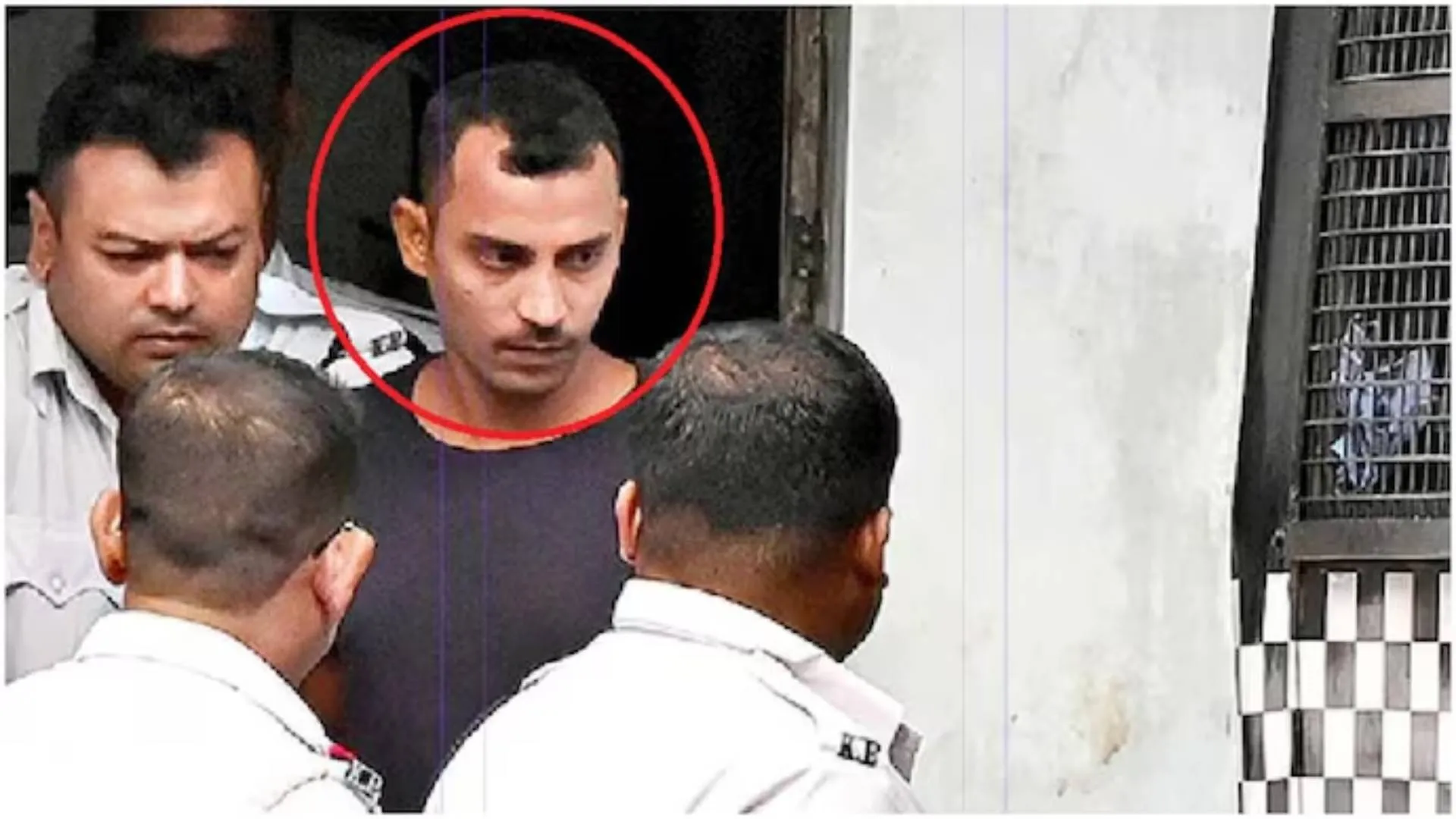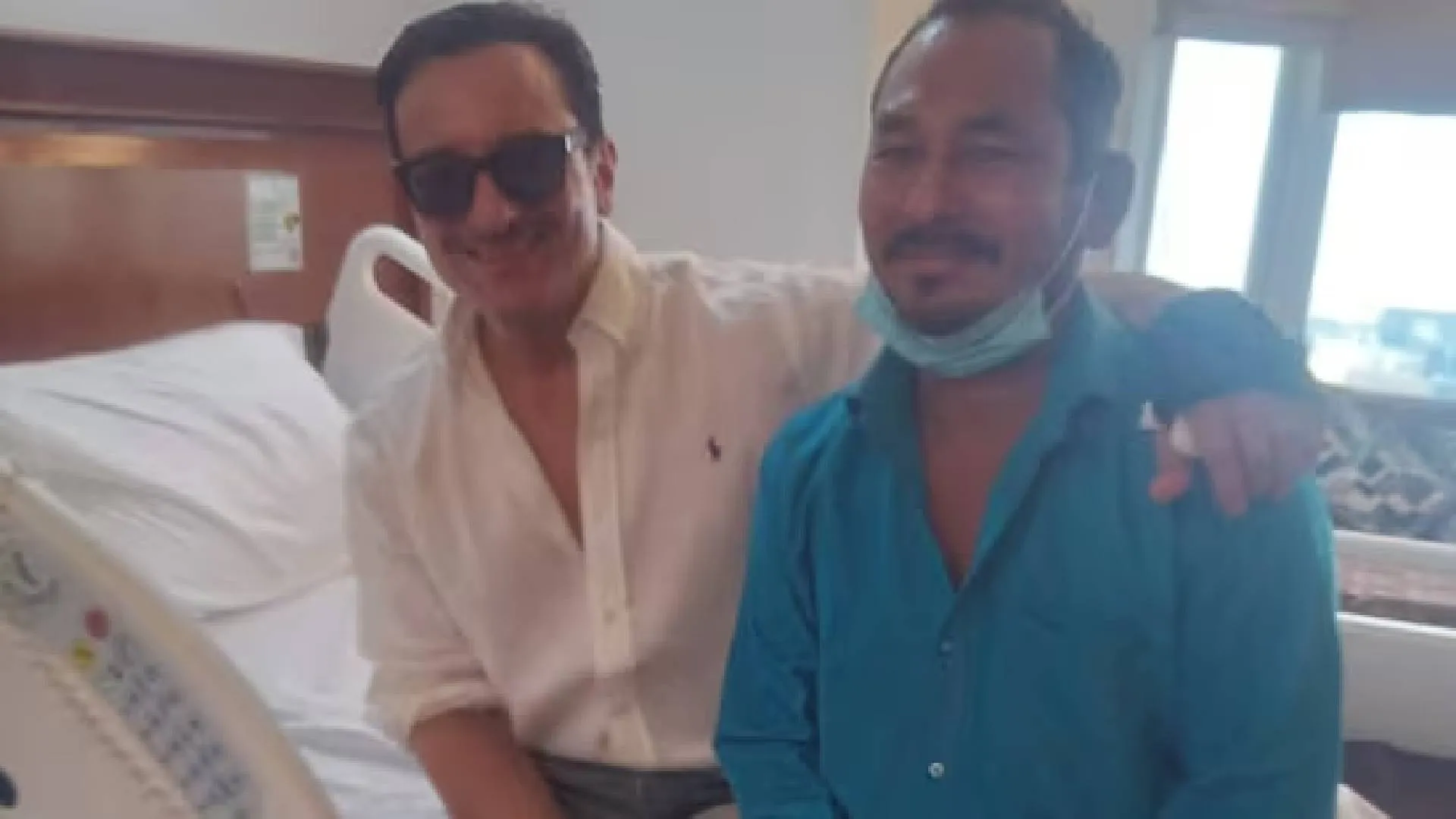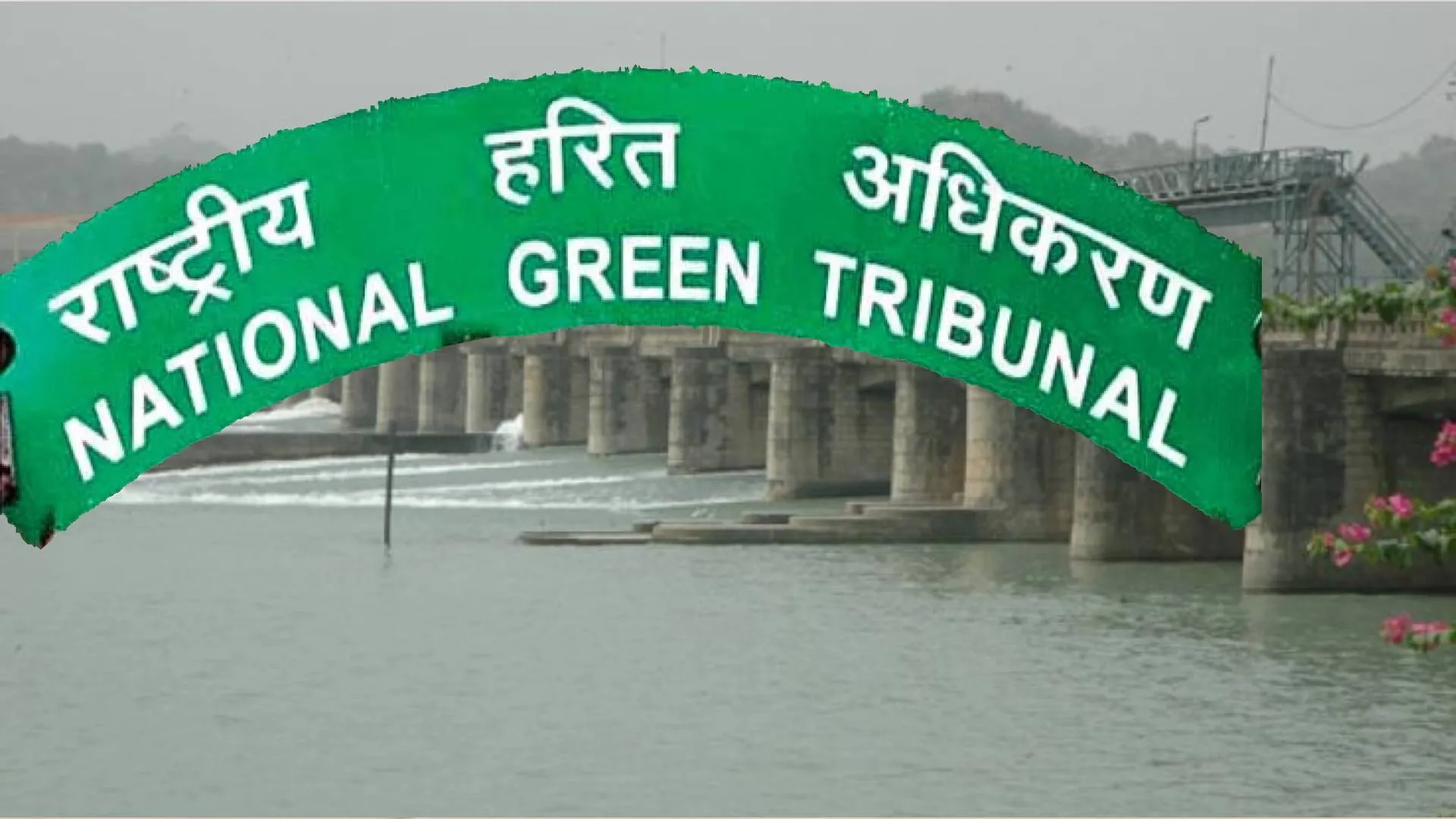Coronil, the much marketed and advertised product offered by Baba Ramdev’s Patanjali had run into many imbroglios and legal hurdles since it was unveiled and introduced as a medicine to fight the COVID-19 coronavirus. Already facing criminal complaints and restraining orders against offering the drug for sale coupled with executive oversight into the drug’s claims the much controversial Coronil has again met another legal action. This time however it is not the prophylactic or curative merit of the drug but rather the name by which it is marketed itself in question. Needless to go into the controversy of whether Coronil can work wonders against the pandemic let us head straight into the nonmedicinal dispute at hand.
Recently, Madras High Court passed an order restraining Patanjali from trading the drug under the name “Coronil” as it infringed upon another person’s trademark and proprietary rights in the name “Coronil”. However, a perusal of the order shows that the aggrieved party is not some competing pharmaceutical giant but a company which deals in chemical cleaning and manufacturing of material handling systems and polymeric epoxies for various factories in India and abroad. M/s Arudra Engineering Pvt Ltd. (the plaintiff) brought a suit against Patanjali and was successful in getting an interim injunction restraining the latter from infringing upon the former’s trademark. The plaintiff had registered its trademark ‘CORONIL -92 B’ for trading its products which were used for industrial cleaning and chemical preparations for industrial use in 1993 itself and the trademark was renewed from time to time. The trademark still subsists due to its timely renewal. The plaintiff has customers in India as well as abroad and its products are traded under the abovementioned trademark. It has also made a substantial amount of sales using the trademark.
The court was inclined to grant the injunction since the plaintiff was successful in fulfilling the ingredients as laid down in S. 29(4)(b) of the Trademarks Act, 1999 which states that even if the infringing trademark is used to trade goods or services which are unrelated to goods or services traded under the infringed trademark still it will amount to infringement of the trademark. In this case clearly the Coronil tablet offered by Patanjali is claimed to cure the ailment of coronavirus and thus is distinctly dissimilar and different from the trade of the plaintiff who deals in industrial cleaners and chemicals. However, after arriving at the observation that the spelling and name used by Patanjali is same as that of the plaintiff the interim injunction was granted keeping in mind the law as enumerated in S. 29(4)(b) of the Trademarks Act, 1999.
In view of this ex parte adinterim injunction a very pertinent question is raised as to the due diligence and intellectual property management strategy which Indian companies need to undertake before launching a product especially if it is marketed and claimed to be a breakthrough like Coronil. It seems that Patanjali Ayurved had done too little or no due diligence before launching the product in the market. There seems to be a certain haste in launching the product not just in relation to its medicinal claims and merits but also its branding. For a product which has not made much headway in the medicine market vis a vis its curative and prophylactic claims the injunction granted against Patanjali has come as a great setback as both the inherent and overt claims in the name “Coronil” seem to be facing an existential crisis. A simple trademark availability search would have averted an impending crisis. If it was brought to the notice of the company’s management that the proprietary right in the trademark would be divested due to the rights of another party then probably the branding trajectory of Patanjali would have been surely different. It is a matter of trial and fact to see what was the original intent of the plaintiff to injunct Patanjali from using the trademark as in my opinion there does not appear to be an inadvertent confusion as to the origin and association of the Coronil tablet with some other/ competing proprietor among the public at large. Moreover, the imbroglio as to its medicinal efficacy has raised even more eyebrows and inextricably linked Coronil to Patanjali Ayurved. However, there can be other claims as to distortion and dilution of the trademark of the plaintiff.
A simple search on the Controller General of Patents, Designs and Trade Marks online registry shows that the trademark Coronil is not just a registered trademark of the plaintiff in class 1 but even a deceptively similar mark under the name “Coronill” is also pending registration before the Trade Marks registry under the same class (class 5) in which Patanjali has filed a trademark application for marketing its alleged cure. This shows a great lapse on the part of Patanjali in devising an intellectual property acquisition strategy and the hurdles faced at the outset set the ball rolling for much more potential litigations. Here, it would also be important to focus on the brand value which “Coronil” will acquire if it clears both the hurdles of its proprietary right in the name and the medicinal efficacy of the same. If a brand faces such an uphill task as soon as it is introduced then there would be a need to introduce much more corrective marketing strategies to be implemented by Patanjali. The customer trust and good will which Patanjali has enjoyed till now may also be jeopardized.
Since, there are concerted efforts on the part of the Indian industry to be self reliant and sufficient vis a vis decreasing its dependence on foreign imports and products in the light of the recent geo-political maneuvers the Indian industry needs to not just produce and manufacture products and offer services but also correct its IP strategy and take IP management seriously. A small step taken in the right direction may go a long way in enhancing and increasing the brand value and reputation of the products. Basic steps like due diligence and availability search may help to steer clear of potential legal disputes. It is worth noting the zealousness and proactive approach with which the plaintiff has succeeded in guarding and asserting its trademark rights. Indian FMCG giants and MSMEs have a leaf to take out of this trademark dispute in brand strategizing and value creation.
Adv. Amar Patil practices at the Bombay High Court.

